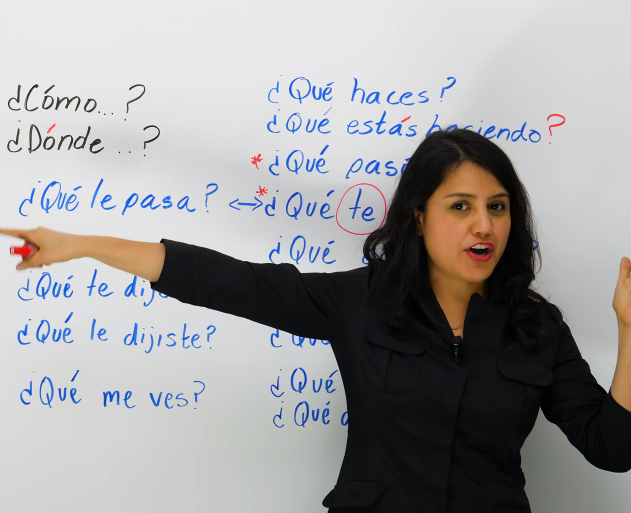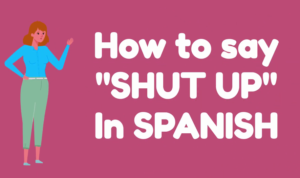
Cracking the Code: Demystifying “Why” in Spanish
Saludos, language enthusiasts! Today, we embark on a linguistic journey that delves into the captivating realm of “why” in the rich tapestry of Spanish. As we navigate the intricacies of this essential word, we’ll uncover the various expressions that unlock motives, reasons, and curiosity in conversations. Let’s dive right in and demystify the magic of “why”!
Unveiling the Significance of “Why”
Behind every action, there’s a story waiting to be uncovered. The word “why” is the key that unlocks these stories—an invitation to understand motives, seek explanations, and build deeper connections in conversations. In the vibrant world of Spanish , mastering the art of expressing “why” opens doors to meaningful dialogues.
How Do You Say “Why” In Spanish?
Within the depths of Spanish , “why” takes on various forms, each tailored to specific contexts and nuances. Here are a few ways to express “why”:
“Por qué” – The Fundamental Inquiry
“Por qué” is the cornerstone of “why” expressions. It’s your tool to ask direct questions about motives and reasons. For example, “¿Por qué llegaste tarde?” translates to “Why did you arrive late?”
“¿Por qué razón?” – Delving Deeper
When you’re seeking a comprehensive explanation, turn to “¿por qué razón?”. This phrase adds depth to your question, inviting a more detailed response. For instance, “¿Por qué razón decidiste estudiar español?” means “For what reason did you decide to study Spanish?”
“¿Para qué?” – Uncovering Purpose
Sometimes, “why” is more than motives—it’s about purpose. Enter “¿para qué?”, a phrase that uncovers the intention behind actions. Use it to ask, “¿Para qué necesitas mi ayuda?” (Why do you need my help?)
Crafting “Why” Questions: The Blueprint
Asking “why” questions in Spanish follows a straightforward structure: question word + verb + subject.
For example:
- ¿Por qué te gustan los libros? (Why do you like books?)
- ¿Por qué razón eligieron ese restaurante? (Why did they choose that restaurant?)
Revealing Explanations with “Why”
When it comes to explaining “why,” your responses can mirror the question structure, shedding light on the reasons behind actions.
For example
Me gusta la música clásica porque encuentro paz en sus notas. (I like classical music because I find peace in its notes.)
Elegimos el restaurante por su ambiente acogedor. (We chose the restaurant for its cozy atmosphere.)
Cultivate Curiosity, Foster Connection
As you delve into the depths of Spanish , remember that “why” is more than a mere word—it’s an invitation to explore, to comprehend, and to forge connections. Embrace curiosity, pose “why” questions, and listen to the stories that unfold. Through this linguistic lens, you’ll uncover layers of meaning that enrich conversations and relationships.
In Conclusion: Unraveling the Power of “Why”
With our linguistic adventure complete, you’ve unveiled the diverse expressions that encapsulate “why” in Spanish . From the versatile “por qué” to the comprehensive “¿por qué razón?” and the purpose-driven “¿para qué?”, you’re well-equipped to traverse the spectrum of motivations and explanations. So, the next time you contemplate, “How do you say ‘why’ in Spanish?” recall the linguistic treasure trove at your disposal. ¡Buena suerte! (Good luck!)






